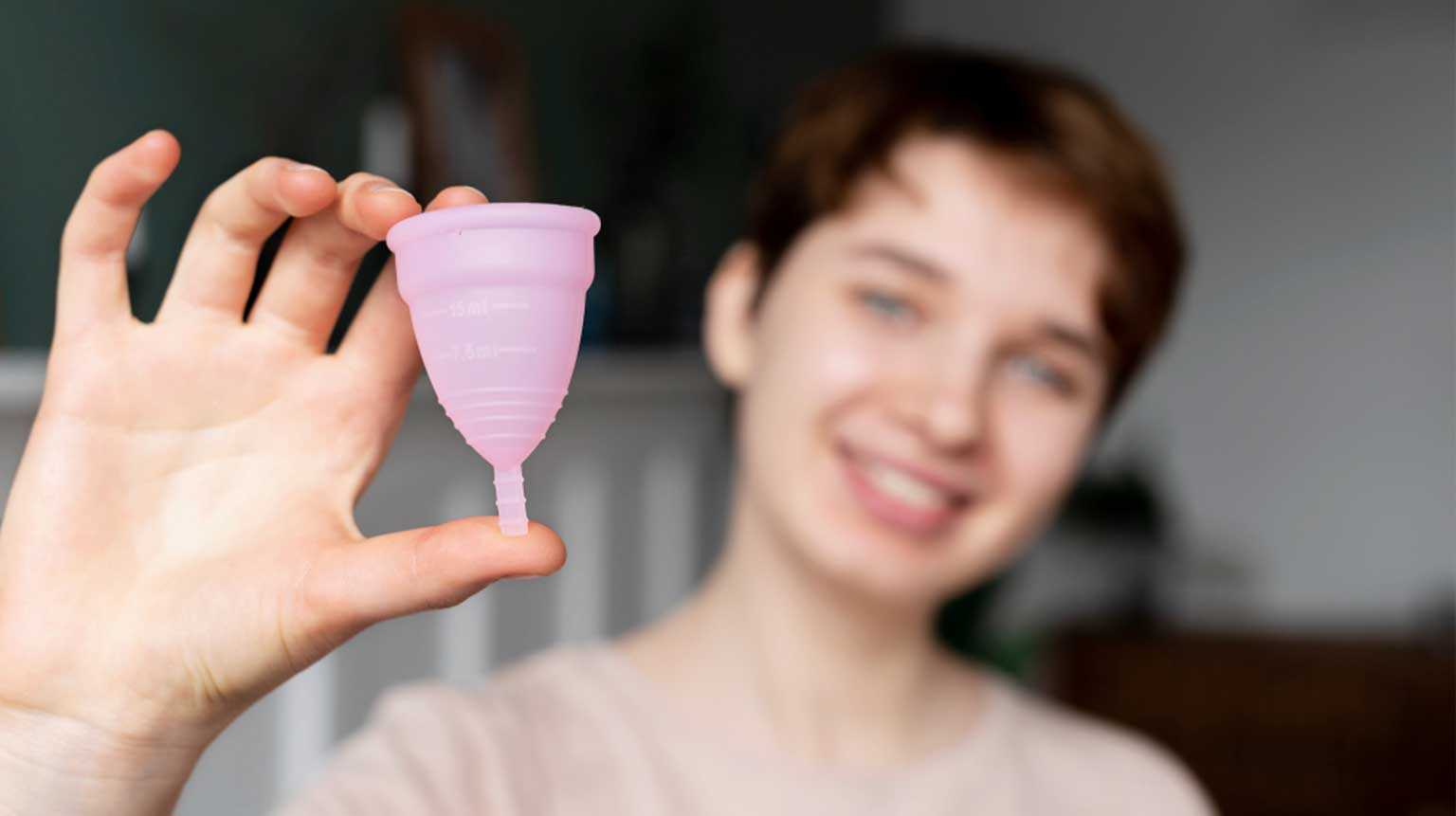The menstrual cycle is much more than a routine monthly cycle since it tells you how your body is doing. Not only can you talk about the frequency and duration of your period but also its flow and whether some symptoms occur or not. In other words, with your menstrual cycle, you could gain insight into your balance of hormones, reproductive health, and overall well-being.
Understanding Your Menstrual Cycle
The menstrual cycle is for 21 to 35 days, which means that at one time one can bleed for 3 to 7 days. But there is a difference in cycle length at times and can be quite normal due to age, lifestyle, and the effect of hormonal changes. The best cycle must be regular, have little symptoms, only moderate cramping or bloating. If your cycle has a difference, it could hint at some kind of problem and requires serious observation.
What Your Period Can Say About Your Health
1. Irregular Periods: Probably one of the most disturbing symptoms, irregular periods can be indicative of hormonal imbalances or specific disease conditions. If your period is coming too early, too late, or being inconsistent every month, this may indicate several things.
Therefore, irregular periods may indicate various issues, such as:
- Polycystic Ovary Syndrome (PCOS): This condition causes hormonal imbalances that result in irregular periods. Women with PCOS may miss periods, have prolonged cycles, or have heavy bleeding.
- Thyroid Disorders: This condition causes hormonal imbalances that result in irregular periods. Women with PCOS may miss periods, have prolonged cycles, or have heavy bleeding.
- Stress: Chronic stress can disrupt the hypothalamus, which controls your hormones, and result in irregular periods or missed cycles.
2. Heavily Bleeding Periods (Menorrhagia): This is a significantly draining condition physically and emotionally characterized by heavy menstrual bleeding. Bleeding that saturates pad after pad or tampon after tampon every 1-2 hours or lasts longer than 7 days may indicate uterine fibroids, endometriosis, and hormonal imbalance.
3. Light Periods: A very light flowing period or shortened bleeding duration can always be a sign of some serious health problem, which includes low estrogen, and pregnancy
4. Dysmenorrhea or Painful periods: Even though one might expect cramps at the beginning of the periods, really severe painful periods show some issues and include conditions such as endometriosis, pelvic inflammatory disease (PID), and fibroids or adenomyosis
5. Spotting Between Periods: Bleeding or light spotting between periods is usually not considered normal. It may be indicative of hormonal imbalances, cervical or uterine polyps, pregnancy, and infections or cancer.
6. No Menstruation (Amenorrhea): Failure to menstruate or the absence of menstrual periods for longer than three months may be symptomatic of one of the big health problems including sudden weight loss or low body fat, early ovarian failure, and chronic illnesses like diabetes or thyroid diseases/conditions or PCOS.
When to See a Doctor?
Some variations in your menstrual cycle are not causes for concern; however, you should see a doctor when:
- You have regular irregular, heavy, or painful periods.
- You have spotting or bleeding between periods.
- You missed three or more periods without being pregnant.
- Your menstrual cycle changes suddenly in frequency, duration, and intensity.
- You have severe pelvic pain or discomfort during menstruation.
Conclusion
Your period is a reflection of your body, and what it tells you will keep you in great health. The frequency and flow of the symptoms that you are going through may be critical indicators of your hormonal and reproductive health from your menstrual cycle.
Therefore, it’s the very fact that noticing your period changes gives you an advantage: you’re well aware when something is off, and in most cases, the necessary readjustments may make all the difference in working towards a harmonious and balanced life.





